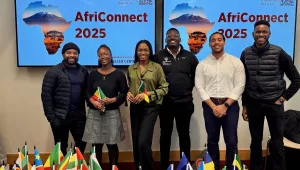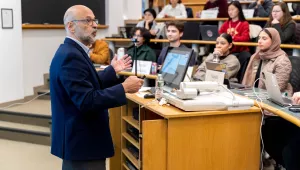Abstract
Water, energy, and food security are of critical concern as rising population growth and rapid urbanization place greater pressure on our natural resources. The trade of 'virtual water' through agricultural products and its appropriation through foreign direct investment (FDI) in food production have emerged as potential strategies for water-scarce countries seeking food security. In Saudi Arabia, where domestic agricultural enterprise remains a state priority despite extreme water scarcity, a shift to overseas food production to meet domestic demand could have significant implications for water and energy use as well as local labor markets. This study evaluates the growing internationalization of food production in water-scarce countries using the case of Saudi Arabia as a microcosm to illustrate the tradeoffs in resource consumption associated with crop selection and farming practices. This analysis indicates that the implications of different types of large-scale agribusiness must be more explicitly accounted for in government policy given the non-renewable nature of groundwater and energy. This work also quantifies the increase in the import of virtual water through conventional trade, which has significant potential to minimize groundwater pumping for food production in arid environments. A brief, complementary assessment of the growing role of FDI shows that further analysis is needed to ascertain the long-term resource impacts of direct investment in overseas enterprise and to minimize potentially negative impacts on water access and rural livelihoods in target nations. Active engagement of local communities and/or more holistic investment in infrastructure or improving agricultural productivity could also help avoid the potential for conflict and contribute towards long-term sustainability.
Access the full text here (log in may be required): doi:10.1016/j.spc.2015.06.002
Kajenthira, Arani, Afreen Siddiqi and Laura Diaz Anadon. “Food Security Amidst Water Scarcity: Insights on Sustainable Food Production from Saudi Arabia.” Sustainable Production and Consumption, In Press








